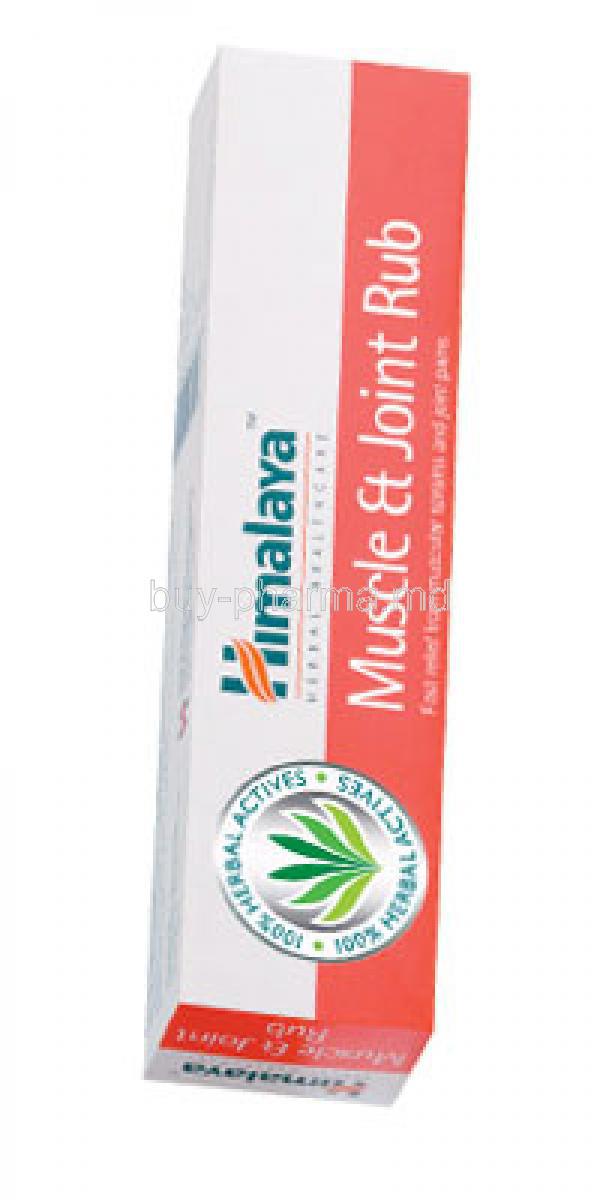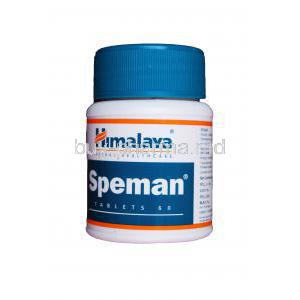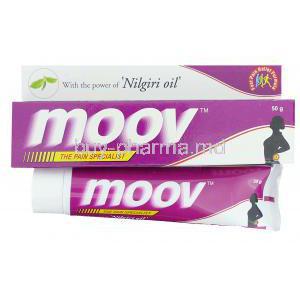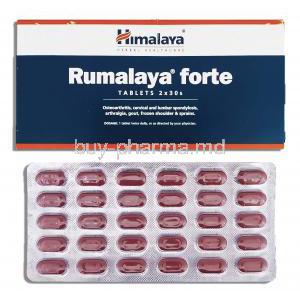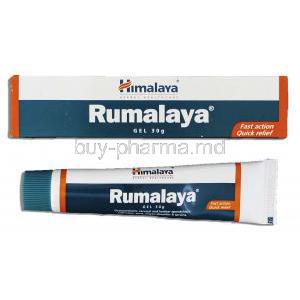Himalaya Muscle and Joint Rub
- Introduction to Himalaya Muscle and Joint Rub
- Composition and Active Herbal Ingredients
- Therapeutic Uses and Indications
- Mechanism of Action: How Himalaya Muscle and Joint Rub Works
- Dosage and Administration Guidelines
- Common and Potential Side Effects
- Important Precautions and Safe Use Tips
- Warnings and Contraindications
- Drug, Herbal, and Topical Interaction Considerations
- Guidelines for Careful Administration in Special Populations
- Overdose and Misuse Concerns
- Handling Precautions and Storage Recommendations
Introduction to Himalaya Muscle and Joint Rub
Himalaya Muscle and Joint Rub is a topical herbal formulation developed by Himalaya Wellness, a globally trusted name in Ayurvedic and plant-based therapeutics. This rub is meticulously crafted to provide localized relief from muscular discomfort, joint stiffness, and post-exertional aches.
It is particularly well-suited for individuals seeking a non-pharmaceutical option for pain relief. Distinguished by its herbal base and absence of harsh synthetic agents, it stands apart from traditional rubs that rely on chemical analgesics or steroids.
- Crafted with natural anti-inflammatory botanicals
- Free from parabens, phthalates, and petroleum derivatives
- Non-greasy and quickly absorbed into the skin
When compared to conventional products, Himalaya Muscle and Joint Rub provides a gentler yet effective approach to musculoskeletal wellness, particularly for individuals who are sensitive to synthetic ingredients.
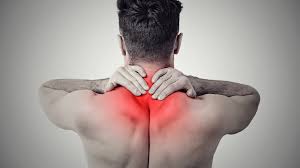
Composition and Active Herbal Ingredients
This herbal rub features a potent blend of time-tested botanicals, each contributing to its pain-relieving and anti-inflammatory properties:
- Wintergreen Oil: A natural source of methyl salicylate, known for its analgesic and warming effects.
- Boswellia Serrata: Renowned for its boswellic acids that inhibit inflammatory enzymes.
- Ginger Extract: Promotes circulation and eases muscular tension with its warming action.
The formulation is optimized for transdermal absorption, ensuring that the active ingredients penetrate effectively without causing skin buildup or greasiness. Its herbal profile makes it an ideal choice for those avoiding synthetic chemicals and petroleum-based products.
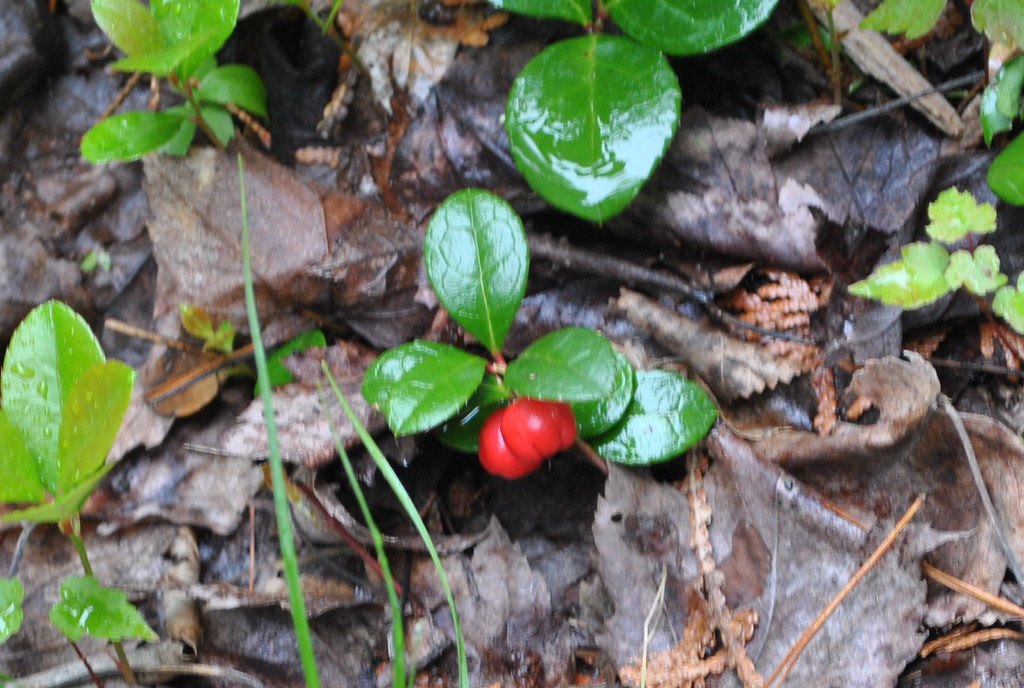
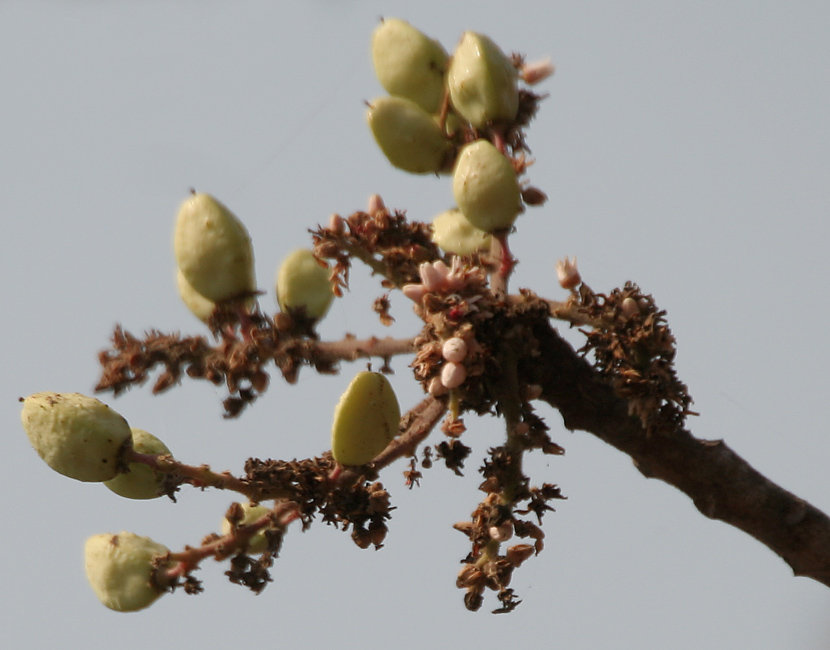
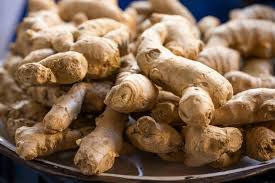
Therapeutic Uses and Indications
3.1 Primary Medical Uses
- Relieves acute and chronic muscle pain
- Reduces joint stiffness and improves range of motion
- Provides support for minor sports injuries such as sprains and strains
- Assists in the management of arthritis-related inflammation
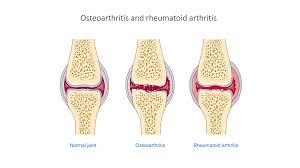
3.2 Off-label and Traditional Uses
- Applied for localized neuropathic discomfort in folk medicine contexts
- Used to reduce sensations of chronic fatigue in the legs and feet
- Favored by athletes as a post-workout recovery aid to relax tense muscles

Mechanism of Action: How Himalaya Muscle and Joint Rub Works
The rub utilizes a combination of natural processes to deliver its therapeutic benefits:
- Counter-irritant effect: Induces a mild warming or cooling sensation, distracting the brain from deeper musculoskeletal pain.
- Natural COX-inhibition: Boswellia and other herbs block cyclooxygenase enzymes involved in inflammation.
- Enhanced blood flow: Ingredients like ginger improve circulation, aiding tissue repair.
- Neuromuscular modulation: Muscle tension is eased through localized sensory stimulation.
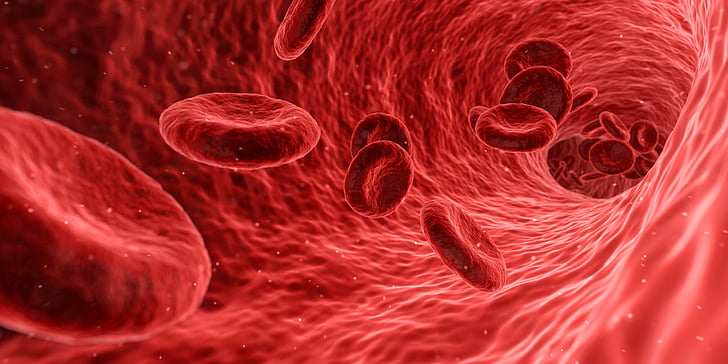
Dosage and Administration Guidelines
For optimal results, the following administration protocol is recommended:
- Frequency: 2-3 times daily or as directed by a healthcare provider
- Quantity: A thin layer sufficient to cover the affected area
- Application method: Massage gently in circular motions until fully absorbed
- Duration of use: Continue until symptoms subside, or up to 7 days without medical supervision
Common and Potential Side Effects
6.1 Common Side Effects
- Mild redness or tingling at the application site
- A warming or cooling sensation shortly after application
- Localized skin irritation in users with sensitive skin types
6.2 Rare and Serious Reactions
- Development of contact dermatitis or chemical burns if overused
- Worsening of preexisting dermatologic conditions
- Risk of respiratory discomfort if applied in excessive quantities near the chest or neck
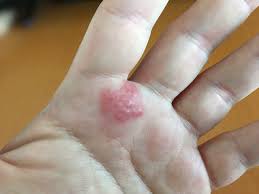
Important Precautions and Safe Use Tips
- Do not apply on broken, wounded, or inflamed skin
- Wash hands thoroughly after each use
- Avoid occlusive dressings unless specifically instructed by a healthcare provider
- Keep away from eyes, lips, nostrils, and mucosal surfaces
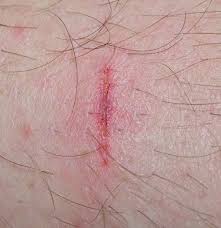
Warnings and Contraindications
- Contraindicated in individuals with a known allergy to essential oils such as wintergreen or menthol
- Not recommended for people with active eczema, psoriasis, or skin ulcerations
- For external use only; ingestion or application to mucosal tissues is strictly contraindicated
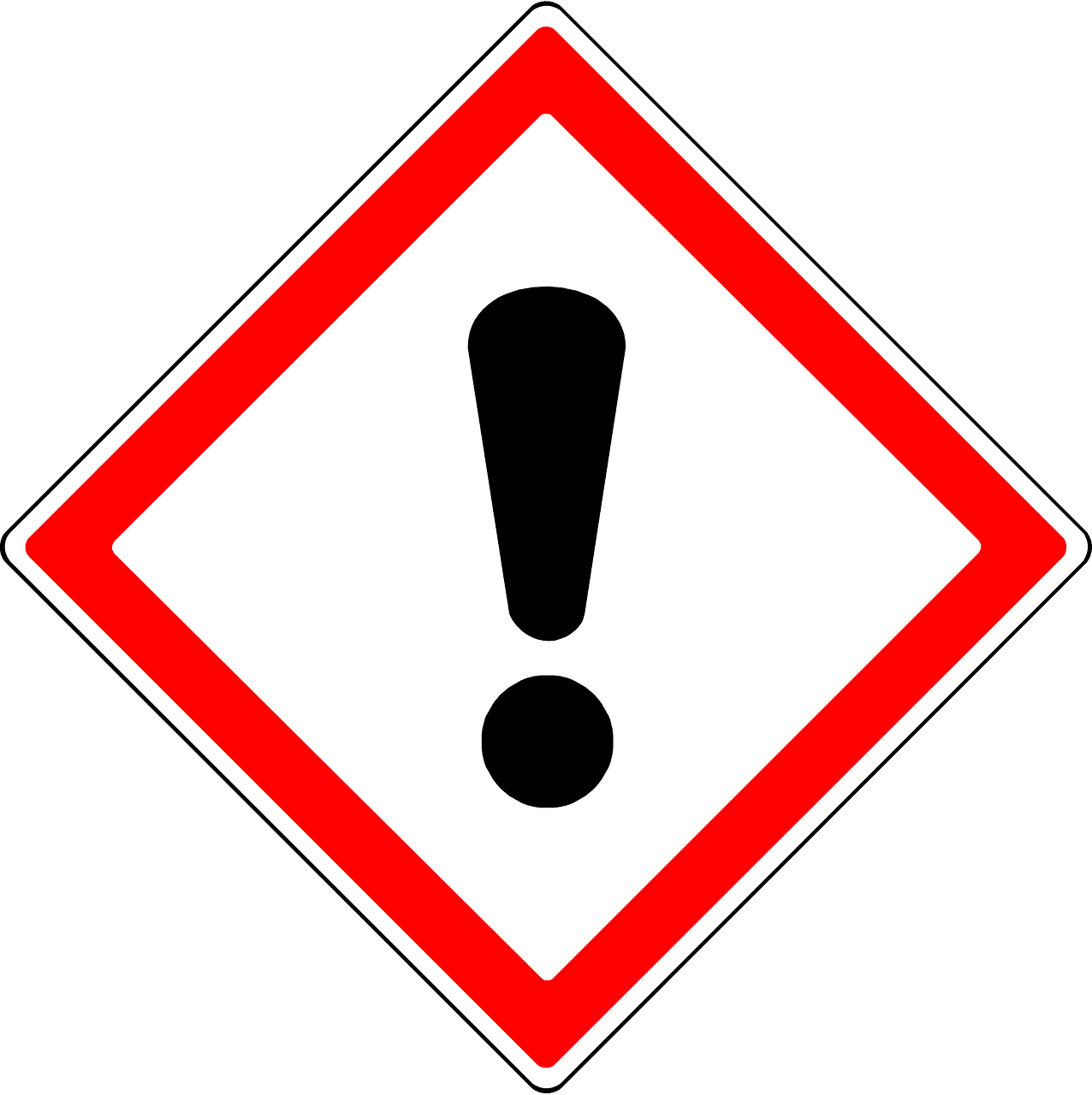
Drug, Herbal, and Topical Interaction Considerations
While Himalaya Muscle and Joint Rub is composed of natural ingredients, it is essential to be aware of potential interactions with other products applied to the skin.
- Topical corticosteroids: Using this rub alongside corticosteroid creams may alter the absorption rate or diminish the effectiveness of either product. Avoid concurrent application on the same area unless advised by a healthcare provider.
- Other heating rubs or analgesic creams: Combining this product with other warming agents or rubs may increase the risk of burns, excessive irritation, or unexpected systemic effects due to cumulative ingredients.
- Exfoliating or peeling products: Products containing alpha-hydroxy acids (AHAs), beta-hydroxy acids (BHAs), or retinoids can compromise the skin barrier, increasing the likelihood of irritation when used in conjunction with the rub.
Guidelines for Careful Administration in Special Populations
10.1 Use in Elderly Patients
Older adults often have thinner, more delicate skin that requires thoughtful care when using topical agents.
- Assess skin condition before each application to avoid applying to bruised or damaged areas.
- Monitor for prolonged redness or signs of delayed healing, especially in those with comorbidities like diabetes or peripheral vascular disease.
- Consider reducing the frequency of application (e.g., once daily) to minimize the risk of cumulative irritation.
10.2 Use During Pregnancy and Lactation
There is limited clinical evidence evaluating the safety of Himalaya Muscle and Joint Rub in pregnant or nursing individuals. Exercise caution in these populations.
- Due to the presence of essential oils like wintergreen and eucalyptus, it is advised to avoid use during the first trimester unless cleared by a physician.
- During lactation, avoid applying the rub near the breast or chest area to prevent accidental ingestion by infants.
- Use should be short-term and targeted, ideally under medical supervision if pain persists.
10.3 Use in Pediatric Populations
Children have more sensitive skin and a higher surface area-to-body weight ratio, increasing the risk of systemic exposure from topical agents.
- Not recommended for children under 12 years of age unless directed by a pediatrician.
- For younger children, consider alternatives specifically formulated for pediatric use with a milder concentration of active botanicals.
- Consult a healthcare provider before using for chronic conditions such as juvenile arthritis or persistent muscular pain.
Overdose and Misuse Concerns
Although topical products are generally safe, misuse or overuse can result in adverse effects.
- Symptoms of overuse: Severe skin irritation, burning sensation, blisters, or discoloration at the site of application.
- Systemic absorption risks: When applied excessively or on broken skin, there is a small risk of systemic effects, particularly from methyl salicylate (a wintergreen derivative).
- Emergency management: If accidental ingestion or widespread skin reaction occurs, rinse thoroughly with water and seek immediate medical advice. Ingested quantities may require poison control consultation.
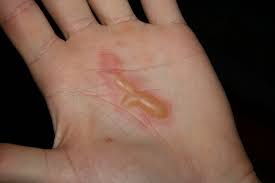
Handling Precautions and Storage Recommendations
Proper handling and storage are crucial to maintain the product's efficacy and prevent unintentional harm.
- Storage conditions: Keep in a cool, dry place, ideally between 15°C to 25°C. Avoid exposure to direct sunlight or excessive humidity.
- Packaging integrity: Ensure the cap is tightly closed after each use. Do not use if the tube or seal is damaged.
- Expiry and disposal: Monitor the expiry date printed on the packaging. Discard expired product safely, do not flush down the toilet or sink. Wrap securely and dispose of with household waste.
- Child safety: Store out of reach of children and pets. Even natural products can pose a risk if misused or ingested.
Himalaya Muscle and Joint Rub FAQ
- What is Himalaya Muscle and Joint Rub used for?
- What are the key pain-relieving ingredients in Himalaya Muscle and Joint Rub?
- How does Himalaya Muscle and Joint Rub provide pain relief?
- How should Himalaya Muscle and Joint Rub be used?
- Is Himalaya Muscle and Joint Rub suitable for all types of pain?
- Are there any potential side effects of using Himalaya Muscle and Joint Rub?
- Can Himalaya Muscle and Joint Rub be used for children?
What is Himalaya Muscle and Joint Rub used for?
It's an ointment made to soothe muscle soreness and joint discomfort caused by strain or stiffness when applied externally through massaging.
What are the key pain-relieving ingredients in Himalaya Muscle and Joint Rub?
- Wintergreen Oil (which contains methyl salicylate, known for its pain-relieving and cooling effects),
- Mint (providing a calming feeling),
- Chir Pine Oil (traditionally utilized for alleviating pain),
- Eucalyptus Oil (recognized for its pain relief and anti-inflammatory attributes).
How does Himalaya Muscle and Joint Rub provide pain relief?
The blend of elements operates through counterirritation (Wintergreen Oil, Mint, and Camphor), which diverts attention from the discomfort and provides antiinflammatory benefits.
How should Himalaya Muscle and Joint Rub be used?
Gently massage the balm onto the affected area until it's fully absorbed into your skin. Use as needed by applying a sufficient quantity and massaging it in thoroughly.
Is Himalaya Muscle and Joint Rub suitable for all types of pain?
It's mainly used for relieving muscle soreness and joint discomfort, as well as treating sprains and stiffness issues in the body.
- If you are experiencing long lasting pain.
- If you have pain associated with specific medical conditions, such as arthritis, it's recommended to seek advice from a healthcare provider for an accurate diagnosis and an appropriate treatment strategy.
Are there any potential side effects of using Himalaya Muscle and Joint Rub?
People with sensitive skin types, they may encounter discomfort, redness, or a tingling feeling. It's advisable to conduct a patch test on a small area of skin before using it on larger surfaces. Refrain from touching your eyes and mucous membranes.
Can Himalaya Muscle and Joint Rub be used for children?
Yes

